The Dare
Two centuries ago, on a dare to tell the best scary story, 19-year-old Mary Shelley imagined an idea that became the basis for Frankenstein. Mary’s original concept became the novel that arguably kick-started the genres of science fiction and Gothic horror, but also provided an enduring myth that shapes how our society continues to grapple with creativity, science, technology, and their consequences. Two hundred years later, inspired by that classic dare, CSI launched a series of creative challenges inspiring amateur and professional writers to reflect on questions of science, ethics, creativity, and responsibility.
Stitching Together Creativity and Responsibility: Interpreting Frankenstein Across Disciplines
By Megan K. Halpern, Jathan Sadowski, Joey Eschrich, Ed Finn, and David H. Guston Bulletin of Science, Technology & Society
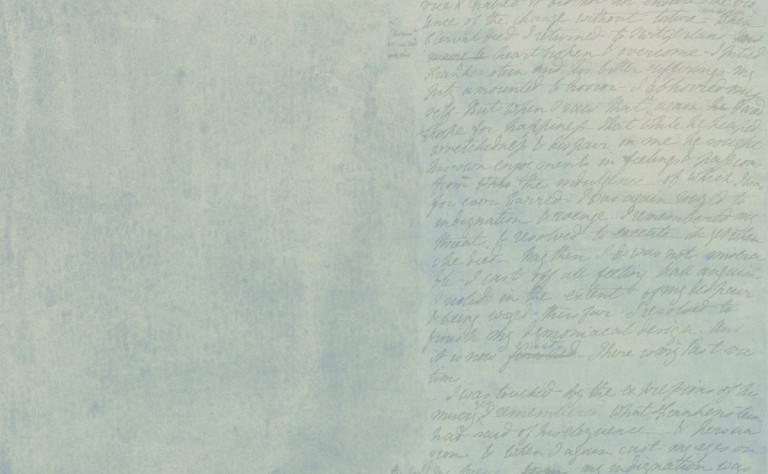
Activities
An Advancing Informal STEM Learning grant from the National Science Foundation connected to the project will explore digital narrative, transmedia engagement, and science-in-society through a digital museum, a tabletop activities kit,
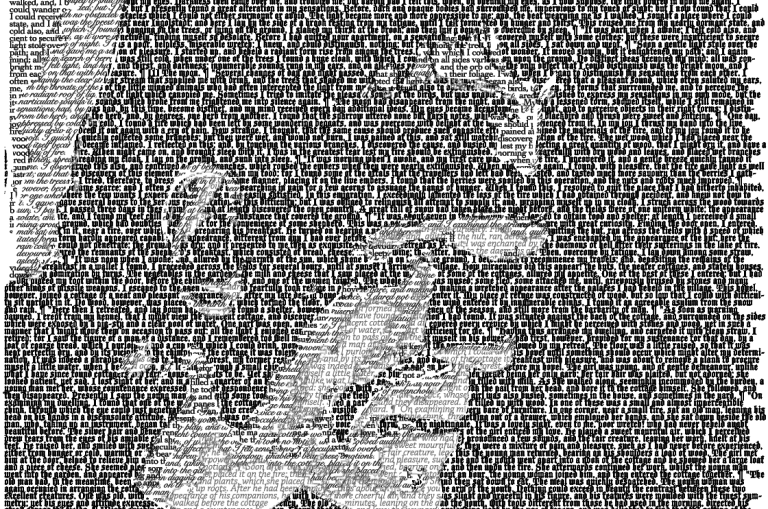
Publications
Publications Frankenstein: A New Edition for Scientists and Engineers Editors: Ed Finn, Assistant Professor, School of Arts, Media and Engineering and Department of English; Founding Director, Center for Science and the
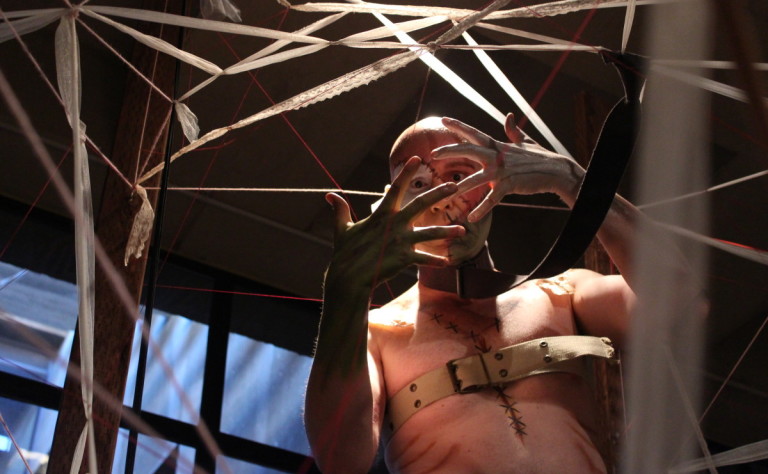
Storytelling and innovation
The Frankenstein Bicentennial Project will infuse science and engineering endeavors with considerations of ethics. It will use the power of storytelling and art to shape processes of innovation and empower
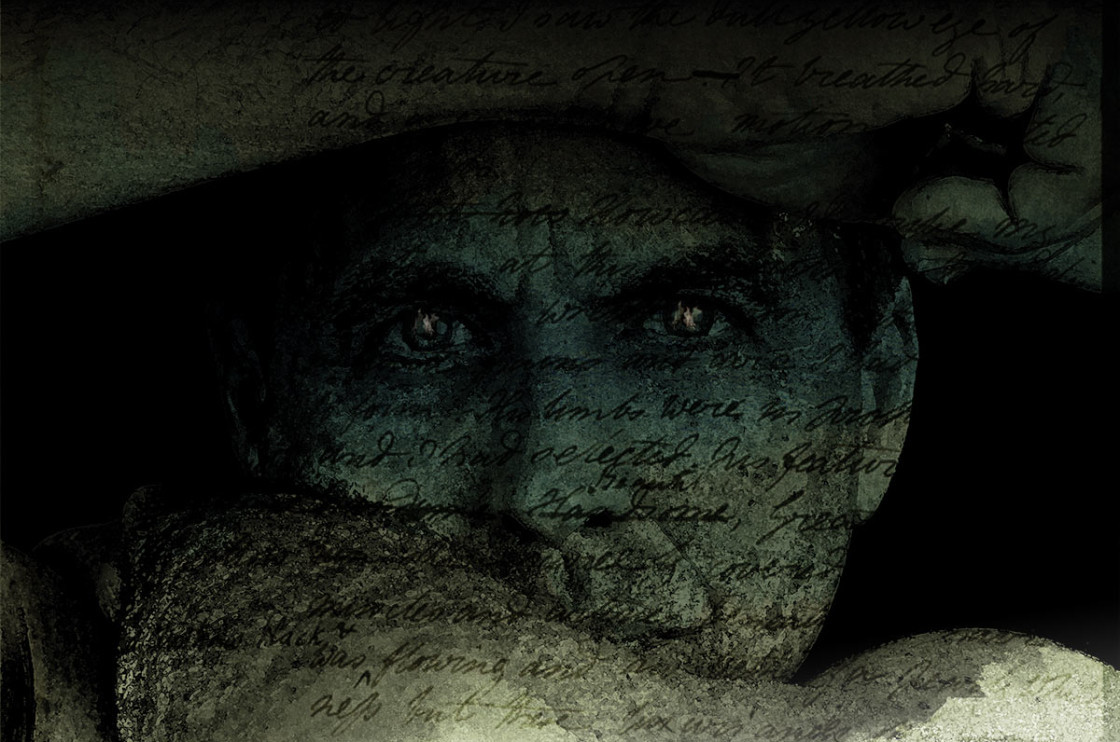
Celebrating 200 years
Arizona State University will serve as the network hub for a global celebration of the bicentennial of the writing and publication of Frankenstein, 2016-2018. The celebration will encompass a wide variety of public programs, physical and digital exhibits, research projects, scientific demonstrations, competitions, festivals, art projects, formal and informal learning opportunities, and publications exploring the novel’s colossal scientific, technological, artistic, cultural and social impacts.

Frankenstein Bicentennial Project video
Check out this video trailer for the Frankenstein Bicentennial Project to learn more about our plans and goals, and to explore why Frankenstein is still relevant, useful, and exciting today:
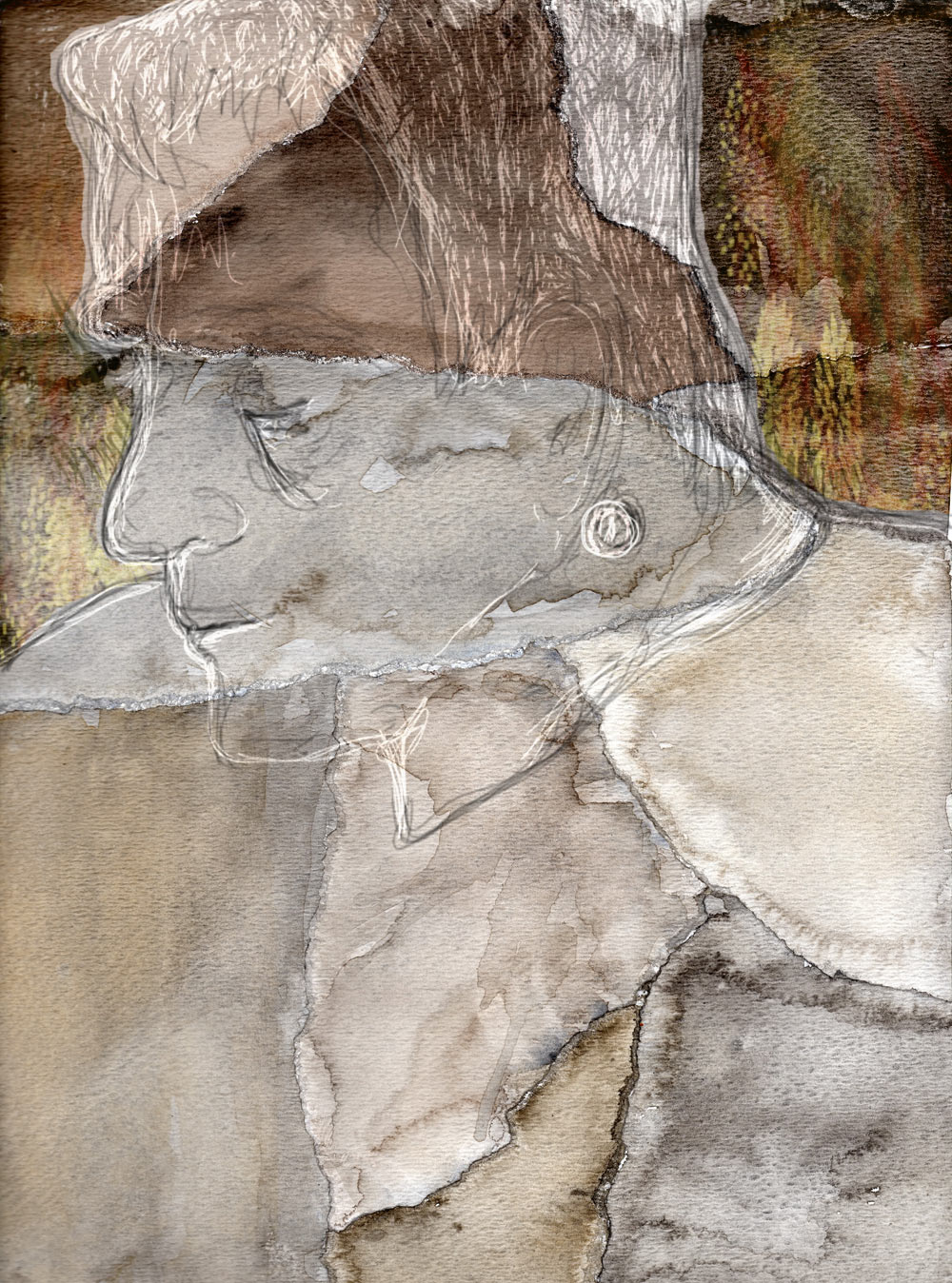
Frankenstein Untranslated
Musician David Rothenberg played a translation game with a passage of Frankenstein at a recent event at Stanford University. And what can this teach us? That all the world’s a book,
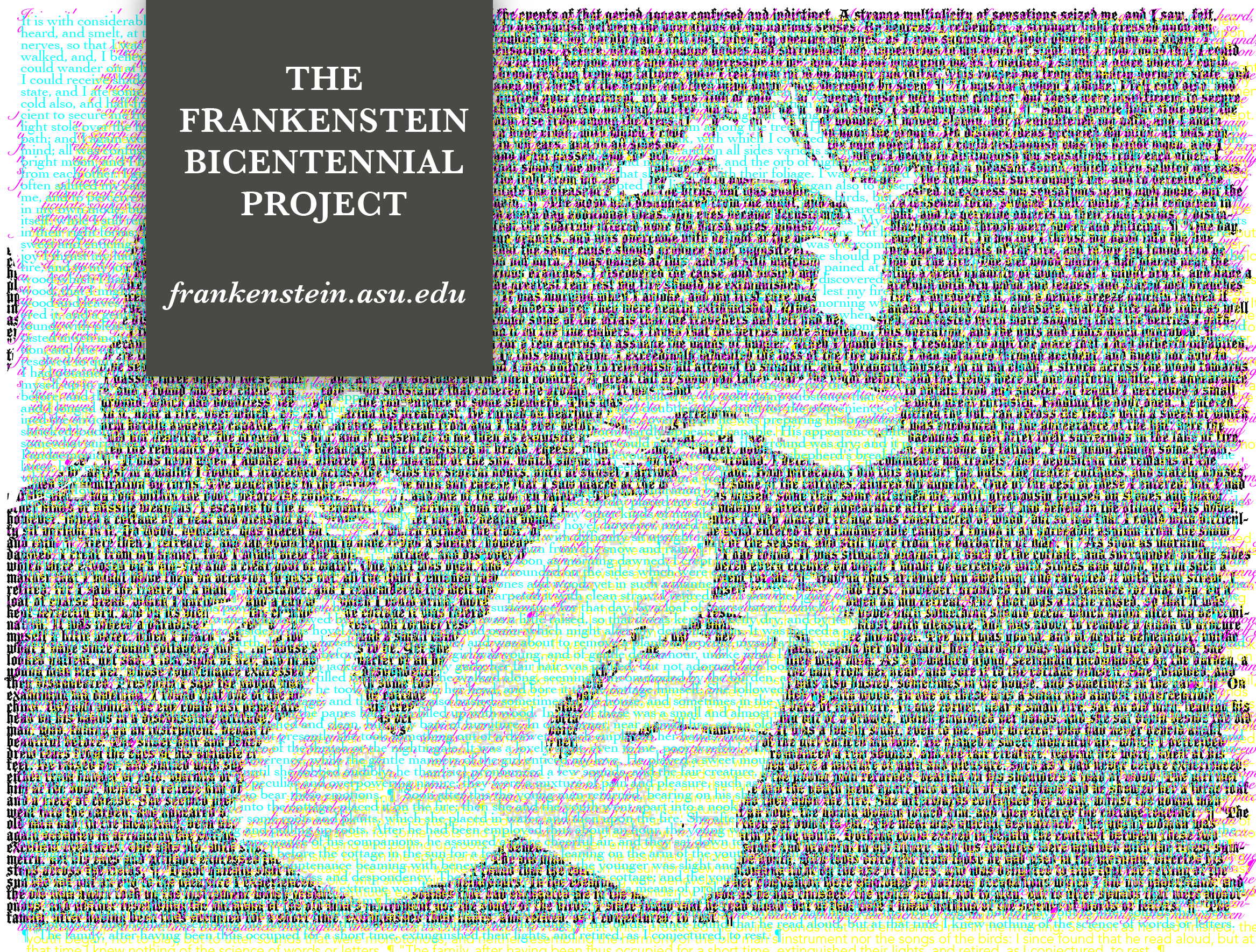
Researchers receive NSF grant to lead Frankenstein Bicentennial Workshop
Three Arizona State University researchers have received a grant from the National Science Foundation to lead a workshop to build a global, multi-institutional network of collaborators to celebrate the bicentennial
Researchers receive NSF grant to lead Frankenstein Bicentennial Workshop
This item was originally published by ASU News. Three Arizona State University researchers have received a grant from the National Science Foundation to lead a workshop to build a global,